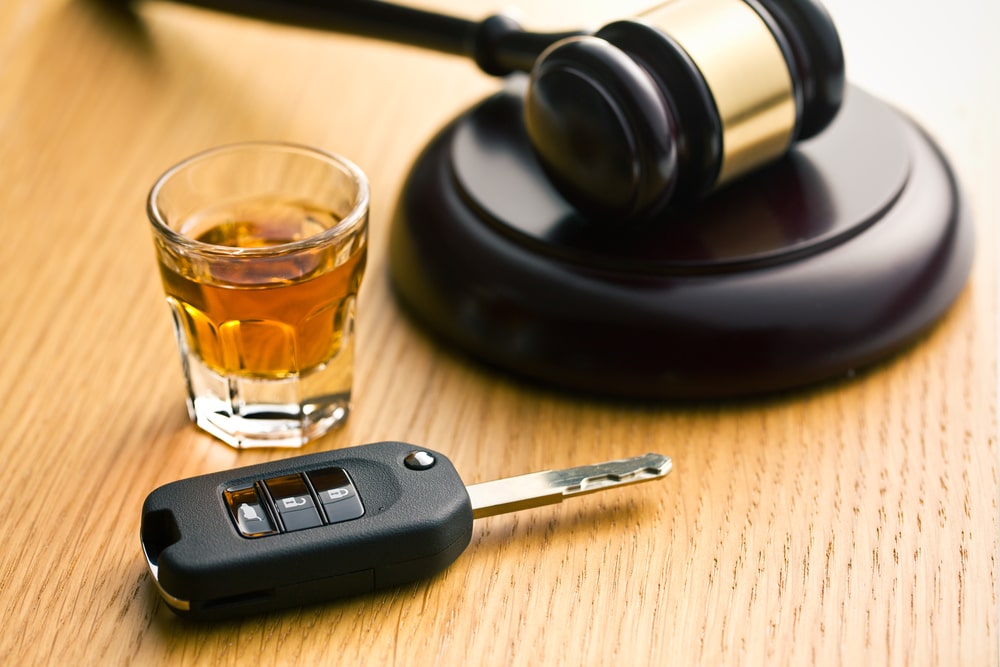DUI Defense: What You Need To Know
Facing a DUI charge can be a daunting and stressful experience. It’s a situation that demands a clear understanding of the law and the right legal strategy. Whether it’s your first offense or you have prior DUIs, being informed and prepared can significantly impact the outcome of your case.
1. Understanding DUI Charges
As our friends at Pacific Legal Group can explain, a DUI (Driving Under the Influence) charge is not just limited to alcohol; it can also involve driving under the influence of drugs, including prescription medications. The key factor in a DUI case is impairment or a blood alcohol concentration (BAC) level that exceeds the legal limit.
2. Your Rights During A DUI Stop
If you’re pulled over on suspicion of DUI, it’s important to know your rights. You have the right to remain silent and not incriminate yourself. While you must provide your license and registration, you are not required to answer questions about where you’ve been or whether you’ve been drinking. Be polite but firm in exercising your rights.
3. Field Sobriety Tests And Breathalyzers
Field sobriety tests and breathalyzer tests are common during DUI stops. While refusal to submit to these tests may lead to problems later on down the line, it’s crucial to be aware that these tests can sometimes be challenged in court. Inaccuracies in testing methods or equipment can be a point of defense.
4. Possible Defenses In DUI Cases
There are various defenses that can be used in DUI cases. These might include challenging the accuracy of blood alcohol content (BAC) testing equipment, arguing that the initial traffic stop was unlawful, or proving that the symptoms of impairment were due to other factors such as medical conditions.
5. Negotiating Plea Bargains
In some cases, negotiating a plea bargain may be the best strategy. An experienced lawyer can negotiate with prosecutors to potentially reduce charges or penalties. However, the decision to accept a plea bargain should be made after careful consideration and legal advice.
6. Impact On License And Driving Privileges
A DUI conviction often affects your driving privileges. Your lawyer can help you understand the implications for your driver’s license and may be able to assist in obtaining a hardship or occupational license.
7. Preparing For Court
If your case goes to court, being prepared is crucial. This involves gathering evidence, working closely with your lawyer, and understanding the court procedures. A well-prepared defense can significantly impact the outcome of the trial.
8. The Importance Of An Experienced Lawyer
DUI law is complex, and each case is unique. Your DUI lawyer will understand the nuances of the law and will be able to offer the best defense based on the specifics of your case. Their expertise can be invaluable in protecting your rights and achieving the best possible outcome.
Contact A Lawyer Today
Facing a DUI charge can be a challenging experience, but understanding the process and having the right legal representation can make a significant difference. Remember, a DUI charge does not automatically mean a conviction. With the right defense strategy and a skilled lawyer, you have the opportunity to defend your rights and work towards a favorable resolution of your case.


